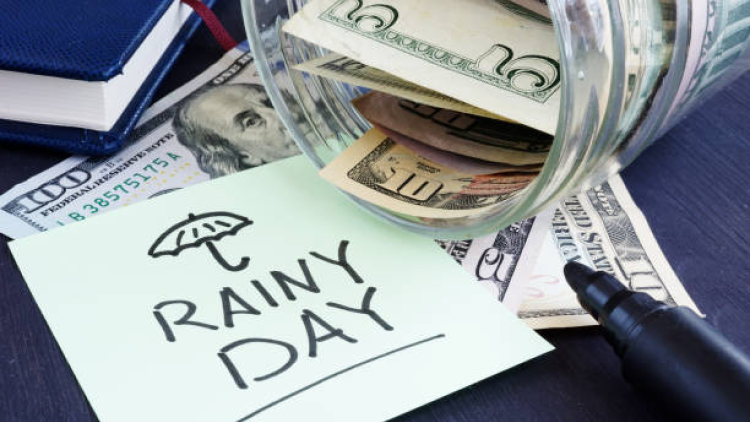The Richest Man in Babylon's Secret to Financial Success: Paying Yourself First
The pursuit of financial success has been a timeless preoccupation for individuals for centuries. While there are numerous approaches to building wealth, few have withstood the test of time quite like "paying yourself first." The concept, which prioritizes saving and investing for the future before spending on anything else, has been popularized by the classic book "The Richest Man in Babylon."
This literary masterpiece explores the principles of personal finance through the parables and stories of ancient Babylon and argues that setting aside a portion of your income for savings and investment should be the foundation of any sound financial plan. This article will delve into the importance of paying yourself first and how it can help you achieve financial freedom and security.
The Importance of Paying Yourself First
Paying yourself first is a crucial principle of personal finance that can help you achieve financial success and security. The concept involves setting aside a portion of your income for savings and investments before allocating funds for any other expenses. By prioritizing your own financial goals and needs, you create a foundation for future financial stability and independence.
In the book, author George S. Clason uses parables set in ancient Babylon to teach readers about financial management. One of the key lessons is the importance of paying yourself first. The book tells the story of Arkad, a poor scribe who becomes the richest man in Babylon by following certain financial principles, including paying himself first.
Benefits Of Paying Yourself First
Paying yourself first is a financial strategy that involves prioritizing savings and investments by automatically setting aside a portion of your income before paying bills or expenses. This approach can have numerous benefits, including the development of a savings habit, protection against unexpected expenses, and a sense of financial empowerment and control.
By making savings and investments a priority, you can build a strong foundation for your financial future, achieve financial success and security, and gain greater confidence and peace of mind.
Paying yourself first develops a savings habit and makes it easier to save and invest consistently
It can lead to a significant accumulation of wealth over time with the power of compound interest
Building an emergency fund protects against unexpected expenses or emergencies
It helps to create a sense of financial empowerment and control by prioritizing your financial goals and needs
Prioritizing savings and investments can build a strong foundation for your financial future
Paying yourself first is a simple but powerful strategy for achieving financial success and security
It can lead to greater confidence and a sense of security in knowing you have a solid financial foundation to build upon.
How much should you pay yourself first?
The amount you should pay yourself first depends on your financial goals and current financial situation. As a general rule of thumb, experts recommend saving at least 20% of your income for long-term goals such as retirement or a down payment on a home. However, if you are just starting to save, you may want to start with a smaller percentage, such as 10%, and gradually increase your savings rate over time.
It's important to prioritize your savings goals and determine how much you need to save each month to reach them. For example, if you want to save $10,000 for a down payment on a home within the next two years, you would need to save $416 per month.
Another approach is to set a specific dollar amount to save each month and adjust it as necessary based on changes in your income or expenses. The key is to make saving a priority and to be consistent in your efforts to pay yourself first.
Ultimately, the amount you should pay yourself first is a personal decision based on your financial goals and circumstances. The important thing is to start saving and to make it a habit that becomes a regular part of your financial routine.
Conclusion
In conclusion, "paying yourself first" is a time-tested strategy that has been advocated by financial experts for decades. The idea behind this approach is simple: by making savings and investments a priority and setting aside a portion of your income before paying bills or expenses, you can build a solid financial foundation and achieve long-term financial success with mentorship.
The concept of paying yourself first was popularized in George S. Clason's book "The Richest Man in Babylon," where he emphasized the importance of saving and investing at least 10% of your income. Clason's message is just as relevant today as it was when the book was first published in 1926.
By implementing this strategy, you can develop a savings habit, protect against unexpected expenses, and gain a sense of financial empowerment and control. Whether you are just starting to save or looking to build your wealth over time, paying yourself first is a powerful tool that can help you achieve your financial goals and build a brighter financial future.

